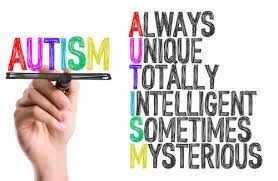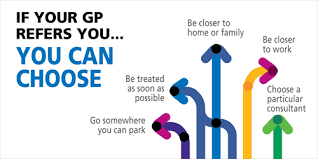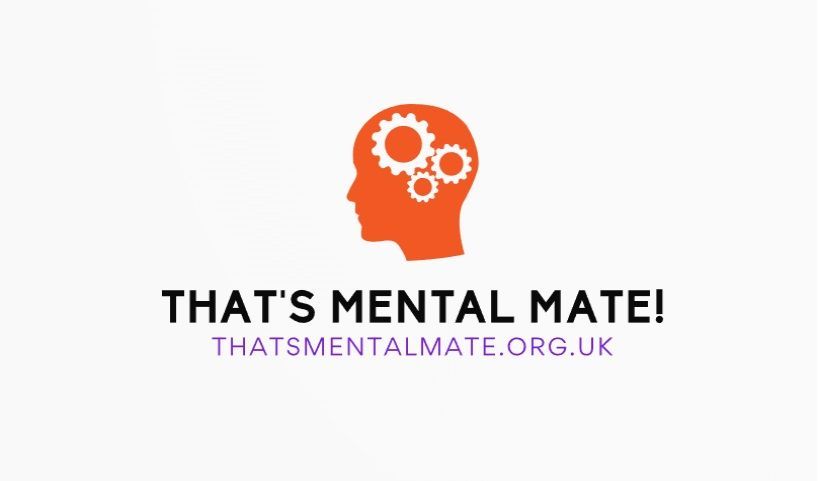Share Page
ASD (Autistic Spectrum Disorder)

What is autism?
Autistic people may act in a different way to other people.
Autistic people may:
- find it hard to communicate and interact with other people
- find it hard to understand how other people think or feel
- find things like bright lights or loud noises overwhelming, stressful or uncomfortable
- get anxious or upset about unfamiliar situations and social events
- take longer to understand information
- do or think the same things over and over
Autism is not an illness
Being autistic does not mean you have an illness or disease. It means your brain works differently from other people. It's something you're born with. Signs of autism might be noticed when you're very young, or not until you're older. If you're autistic, you're autistic your whole life. Autism is not a medical condition with treatments or a "cure". But some people need support to help them with certain things.
Autistic people can lead a normal life
Being autistic does not have to stop you from having a good life. Like everyone, autistic people have things they're good at as well as things they struggle with. Being autistic does not mean you can never make friends, have relationships or get a job. But you might need extra help with these things.
Autism is different for everyone
Autism is a spectrum. This means everybody with autism is different. Some autistic people need little or no support. Others may need help from a parent or carer every day.
Some people use other names for autism
There are other names for autism used by some people, such as:
- Autism spectrum disorder (ASD) is the medical name for autism.
- Asperger's (or Asperger syndrome) is used by some people to describe autistic people with average or above average intelligence.
It's not clear what causes autism
Nobody knows what causes autism, or if it has a cause. It can affect people in the same family. So it may sometimes be passed on to a child by their parents.
Autism is:
- not caused by bad parenting.
- not caused by vaccines, such as the MMR vaccine.
- not linked to diet.
- not an infection you can spread to other people.
Autistic people can have any level of intelligence
Some autistic people have average or above-average intelligence. Some autistic people have a learning disability. This means they may find it hard to look after themselves and need help with daily life.
Autistic people may have other conditions
Autistic people often have other conditions, such as:
- attention deficit hyperactivity disorder (ADHD).
- dyslexia.
- anxiety.
- depression.
- epilepsy.
Right to choose

If you live in England and are covered by the NHS, you now have the legal right to choose your mental healthcare provider and team.
This important right allows you to select different providers if the waiting time for your ADHD assessment is too long. The providers must offer services within the NHS in England.
The Right to Choose in Mental Health was introduced in 2018, so not everyone may be aware of it. This includes some patients, GPs, and clinicians. We have provided an explanation specifically for those going through the ADHD assessment process. See below for more details.
(Additionally, we offer a downloadable support letter for individuals whose GP initially declined their request by clicking here).
For more information, visit the NHS link on NHS Choices:
https://www.nhs.uk/using-the-nhs/about-the-nhs/your-choices-in-the-nhs/)
Right to choose Providers – ADHD Assessments
We are aware of the following Right to Choose providers.
If you are aware of any more then please let us know.
Accepting new referrals:
ADHD360 is a viable option in exercising your Right To Choose (RTC). Our services are available for Adults, as well as for Children aged 14 and 15, under the RTC framework.
ProblemShared focuses on strength-based, person-centred neurodevelopmental assessments sets us apart.
Psychiatry-uk.com may be the largest provider of right-to-choose ADHD assessments in the UK. Their assessments are predominately done by video call,
which has become commonplace since the start of the pandemic.
Dr J and Colleagues provide both Right to Choose and Private ADHD and Autism Assessments. They are a small provider and tell us that means they can work through the funding provision from the NHS particularly quickly.
Clinical Partners provide both Right to Choose and Private ADHD and Autism Assessments.
It is important to note that Clinical Partners provide an ADHD Assessment Service but they do not offer a medication titration service.
This is, therefore a great fit for individuals who want an ADHD Assessment but know that medication isn’t something they want to pursue.
Evolve Psychology has two clinics based in Harrogate, North Yorkshire and Huddersfield, West Yorkshire. They offer Right To Choose assessments for ADHD and Autism (or both as a combined neurodevelopmental assessment) for children/ young people up to the age of 19 who are in education.
They do not have a Right to choose service for adults (although they do have a private adult service for ADHD and Autism Services). They can accept referrals England-wide. They prefer face-to-face assessments but might be able to offer online assessments depending on individual circumstances if the team feel it would be appropriate.


